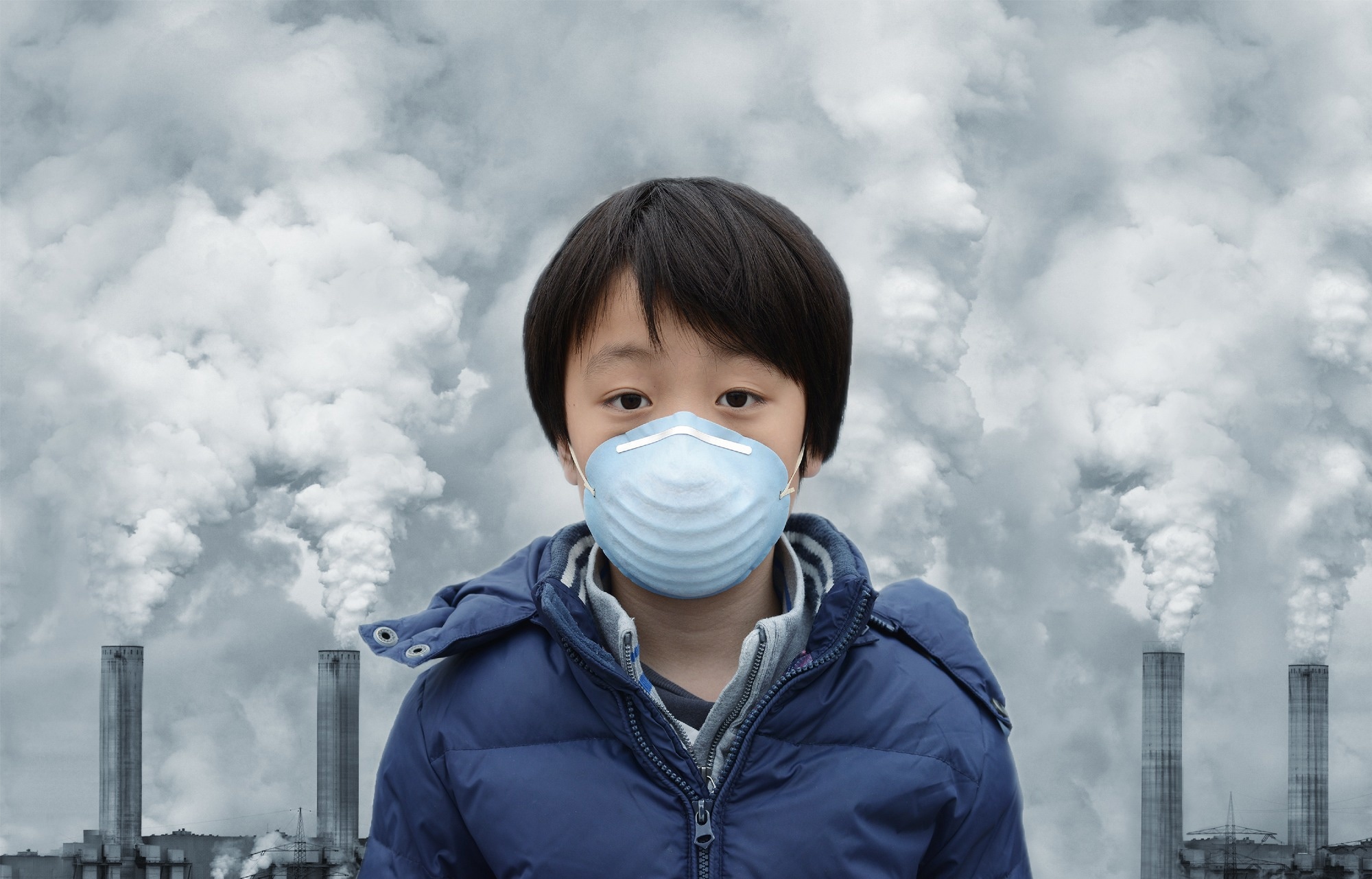Gaslighting is a form of emotional abuse. It’s when someone is manipulated into questioning their own reality or sanity.
It’s damaging, destructive, and often used as a way to maintain power and control over someone.
In Australia’s predominantly individualistic culture, mothers everywhere are experiencing gaslighting from their partners, friends, family, and community.
It’s mostly unintentional abuse.
The new mother who feels broken, exhausted, and confused about how frequently her baby wakes at night.
She’s told that her little one’s sleep is developmentally normal, and there’s not much she can do except wait it out.
The new mother who’s struggling with breastfeeding, and she’s close to giving it up. Her nipples hurt. She questions her supply and her ability to mother.
She’s told that although biologically natural, breastfeeding is hard for most women. She just needs to persevere, and it will get easier. Or she could just offer formula (even though she doesn’t want to).
The woman who doesn’t overly enjoy her new role as mother, and misses her old life, as much as she loves her baby with every fibre of her being.
She’s told that she chose to have a baby, so she’ll just have to get used to it. What did she expect anyway!
The mother who feels constantly anxious and frustrated with the state of her house because she can’t get on top of all the laundry and cleaning. Even though all of those household tasks should be equally shared with her partner if she has one, she still sees it as a reflection of her failings as a mother.
Unlike any paid job, she’s told that she needs to lower her expectations. To ignore the mess and the ‘dishes can wait’.
The mother who feels lonely and isolated but doesn’t have the energy or headspace to go out and socialise. Or she tries to meet other mums but can’t find ones she clicks with or who have a similar parenting approach.
She stops trying and cuts herself off even more. Because no one else is talking about the loneliness, it must just be her who is feeling this way.
The burnt-out mother who compares her baby with another the same age who sleeps through the night while hers is up multiple times.
She dares not complain about it though, because the advice she’ll most likely receive from someone, including a health professional (that’s not versed in up-to-date infant sleep evidence) is to simply leave her baby to cry-it-out.
Or, on the flip side, she’ll be told to bedshare, which is wonderful and usually does bring families more sleep, but it’s a personal choice and some mothers would prefer not to.
When mothers are told that what they’re experiencing is normal, that they should change their expectations, and that ‘this too shall pass’, whilst all valid, minimises a mother’s struggles.
None of this advice is going to help a mother’s mental and physical health.
So, why are so many mothers in Australia struggling?
A lot of people here live in a community that promotes the idea that we need to do it alone. Asking for help is a sign of failure, or at least that’s what we’re led to believe.
There is minimal support. There is no ‘village’.
There are cultures all over the world who, for example, have never heard of sleep training. Who get together when a woman gives birth to bring her food and take care of all of her and her baby’s needs while she rests and recovers.
Imagine how much easier the transition to motherhood would be with that kind of support.
Sure, there is plenty of information out there available to new mothers, which is crucial. Knowledge is empowering.
What they don’t need, though, is yet another course, unless it comes with follow-up support and ‘hand-holding’. What sleep-deprived mum has the time and patience to study a one-size-fits-all program!
There is no manual for parenting, and nor should there be. Babies are complex whole humans, not robots.
It’s not the mothers who need training. It’s the partners and other loved ones that need the training in how best to support them.
It’s the healthcare professionals who need to update their knowledge.
If this kind of neglect, emotional abuse, and minimisation of motherhood is so prolific, why aren’t there more services available to every mum?
What can we do to improve the postpartum experience?
There are over 40 live babies born every hour in Australia. Why aren’t we doing more for these families?!
The postpartum check-ups are mostly about the babies. We need to do better for the mothers.
We can ask friends and family members to help, but it’s not enough. As a society, we need to be providing government-funded services such as:
- Weekly home visits from lactation consultants.
- Scheduled appointments with a women’s health physiotherapist.
- In-home sleep support from certified coaches who focus on gentle, responsive parenting instead of outdated sleep training advice.
- An affordable meal and cleaning service.
- Regular appointments with counsellors for emotional wellbeing.
- New parents’ groups for subsequent children, not just first-time parents.
- A regular visit from a maternal and child health nurse to show parents how to take care of the practical side of parenting, such as bathing, swaddling, and managing more than one child.
- Affordable night nannies for families who don’t have help overnight.
- Normalise parenting struggles and sleep deprivation in the workplace where applicable, allowing for flexibility plus childcare facilities.
So, next time we think about gaslighting a mum, even if it’s well-meaning, let’s instead think about what we can do to make the necessary changes to the structure of our society. The society that lets mothers down.
They deserve to be seen, respected, heard, safe, and supported.

 PARENTING TIPS
PARENTING TIPS PREGNANCY
PREGNANCY BABY CARE
BABY CARE TODDLERS
TODDLERS TEENS
TEENS HEALTH CARE
HEALTH CARE ACTIVITIES & CRAFTS
ACTIVITIES & CRAFTS


